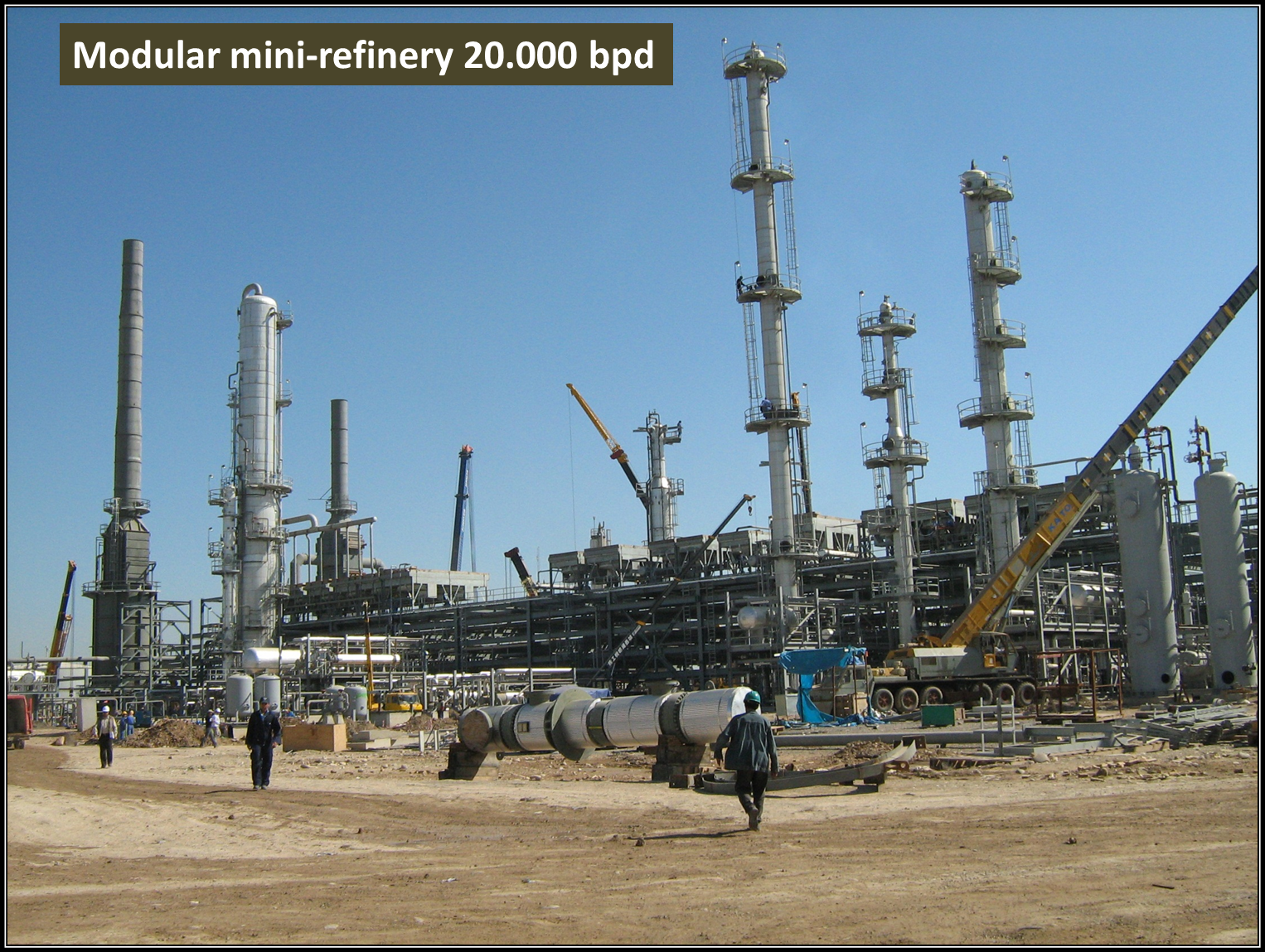Oil Rises For 5th Session As Stockpiles Fall
Oil prices rose for a fifth day on Wednesday, supported by a drop in U.S. inventories and investor expectations that the U.S. Federal Reserve will lower borrowing costs for the first time since the financial crisis more than a decade ago.
Brent crude futures LCOc1, the international benchmark for oil prices, were up 40 cents, or 0.6 per cent, at $65.12 a barrel by 0842 GMT. U.S. West Texas Intermediate crude CLc1 gained 20 cents, or 0.3 per cent, to $58.25 a barrel.
Central bankers in the U.S. began their two-day meeting on Tuesday and were expected to cut interest rates, with President Donald Trump, reiterating his call for the Fed to make a large cut.
“The move has long been anticipated and represents a double boon for oil prices – on one hand, it should encourage U.S. oil demand and on the other, it will apply downward pressure on the dollar,’’ said PVM Oil Associates analyst, Stephen Brennock.
Oil stockpiles fell again last week, along with gasoline and distillate inventories, data from the American Petroleum Institute industry group showed on Tuesday.
Crude inventories fell by six million barrels to 443 million barrels in the week ended July 26, against a forecast for a drop of 2.6 million barrels in a Reuters’ poll of analysts.
“The outlook for another draw in U.S. crude inventories and renewed outages in Libya is supporting oil prices,’’ said UBS oil analyst, Giovanni Staunovo.
Libya’s Sharara oilfield, the country’s largest, shut down on Tuesday after a problem with a valve on the pipeline linking it to the Zawiya oil terminal.
Tensions in the Middle East remain high, providing another bullish catalyst for prices, with the U.S. formally asking Germany to join France and Britain to help to secure the Strait of Hormuz after the seizure of a British tanker by Iran.
Germany has expressed scepticism about the request. BP Finance Chief, Brian Gilvary said the British company has not taken any of its oil tankers through the Strait of Hormuz since a July 10 attempt by Iran to seize one of its vessels.
Market participants are also closely watching the U.S.-China meeting in Shanghai as both countries seek to end a year-long trade war. Although, expectations are low for progress after combative remarks from President Trump.
The meeting comes as a survey showed that China’s factory activity shrank for the third month in a row in July, underlining the growing strains placed by the trade war on the world’s second-biggest economy and one of the biggest oil consumers.





